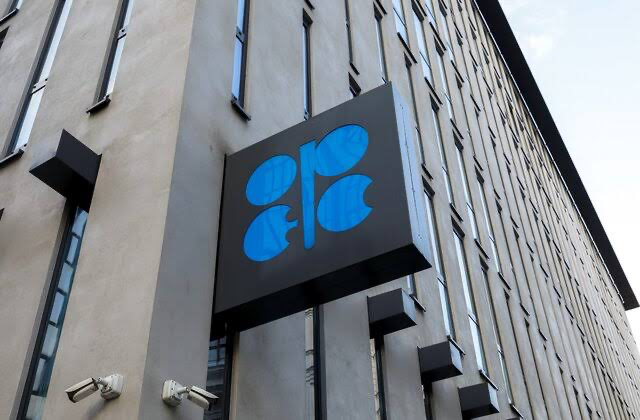The Organization of the Petroleum Exporting Countries (OPEC) is undergoing a shift in its reporting strategy, reflecting the evolving dynamics of the global oil market. Starting this month, OPEC will discontinue publishing estimates for demand specifically for its crude oil production. Instead, it will prioritize forecasts for demand for crude from the wider OPEC+ group, a move that acknowledges the alliance’s growing influence.
Aligning with Market Realities
This change signifies OPEC’s acknowledgment of the current oil market landscape, where OPEC+ now holds a more prominent role in managing supply. Formed in 2016, OPEC+ brings together major oil producers like Russia to collaborate with OPEC on production levels and ensure oil price stability. As OPEC’s market share has shrunk in recent years, the production decisions of OPEC+ have become increasingly crucial in balancing global oil supply and demand.
Previously, OPEC’s monthly reports featured an estimate known as the “call on OPEC.” This figure indicated the amount of crude oil OPEC itself needed to produce to satisfy global demand. However, with OPEC’s market share declining to a multi-decade low of 27% in 2024, and OPEC+ controlling a larger portion of global production at around 41%, the “call on OPEC” is becoming less relevant.
OPEC+ Demonstrates Effectiveness in Oil Market Management
The OPEC+ alliance has established its effectiveness in recent years. Formed in response to a 2014-2016 oil price slump, the group successfully implemented production cuts to bolster oil prices. This cooperation continued even during the demand slump triggered by the COVID-19 pandemic. The pact recently celebrated its seventh anniversary, highlighting the unwavering commitment of member countries.
While OPEC is discontinuing the “call on OPEC” estimate, other organizations like the International Energy Agency (IEA) will continue to provide similar forecasts. Analysts anticipate this shift by OPEC could influence how other analysts assess the oil market. The IEA already published an estimate for the “call on DoC” (Declaration of Cooperation), which essentially refers to the combined demand for crude oil from OPEC+ member countries.
Potential Implications for the Market
The move by OPEC could have a few potential consequences. Firstly, it underscores the growing significance of OPEC+ in the global oil market. Secondly, it might lead other analysts to place more emphasis on OPEC+ production forecasts when analyzing the oil market. Thirdly, some analysts worry that this shift might reduce transparency, as the “call on OPEC” offered a specific estimate for OPEC’s crude oil production needs.
The future dynamics of OPEC and OPEC+ remain to be seen. The alliance has proven its ability to influence oil prices, but geopolitical tensions and the ongoing shift toward renewable energy sources could pose challenges in the long run. OPEC’s decision to focus on OPEC+ demand forecasts reflects the current realities of the oil market, and it will be interesting to see how this strategy evolves alongside the global energy landscape.
Source: Reuters



